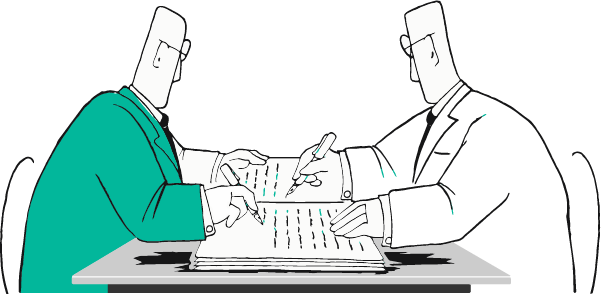After Death Steps |
|
Experts agree that after death, the responsible person should take the necessary legal steps. If a will or trust is involved, the first step is to find the document. And then:
Steps to Take After.a Death If a will is involved, the post-death process is called probate. If a trust is concerned, we call it post-death administration. When a living trust is involved in which its' creator was the original trustee, the trust may name a successor trustee to manage the trust and a beneficiary (one or more) to receive the trust's assets after death. Law statutes and the trust itself dictate the duties a successor trustee has. The terms of a trust can differ widely from each other. So, there is no substitute for reading the legal documents. It is common to have an attorney review the materials as well as the named executor (will) or trust (successor trustee). Trust administration depends on the particular circumstances. The trust document may contain various ways of leaving assets to specific persons in case of:
Managing a trust can be time-consuming and overwhelming when dealing with the responsibilities and emotions caused by the death of a loved one. We can help you, the trustee, so that the responsibilities of trust administration are more manageable.
RETURN to Estate Planning Services page |

